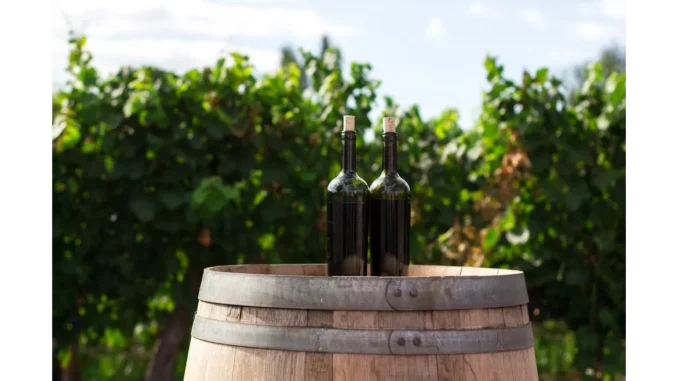
The Timeless Allure of Wine: A Cultural Odyssey
Wine, an exquisite elixir that transcends mere consumption, stands as a testament to humanity’s enduring relationship with nature and tradition. This storied beverage is not only a staple of social rituals but also a cultural artefact, rich with historical significance and social influence. To truly appreciate the depth of wine’s impact on civilisation, one must journey through its historical roots, religious importance, and its role in shaping social and economic landscapes.
A Historical Tapestry Woven with Vines
Our expedition begins in the cradles of civilisation, where wine’s origins whisper through the ruins of ancient Middle Eastern and European sites. The discovery of the earliest known winery, dating back to 4100 BC in the lush landscapes of Armenia, marks the inception of a symbiotic relationship between humans and viticulture. As societies evolved, so too did the art of winemaking, with the Greeks and Romans as pivotal architects in the spread of this craft across Europe.
The Greeks revered wine as a divine gift, bestowed by Dionysus, the deity of wine and festivity. It permeated every facet of life, from sacred rites to social gatherings, even serving medicinal purposes. The Romans, with their pioneering spirit, introduced barrel aging and glass bottles, innovations that revolutionised winemaking. Their vast empire became a conduit for wine culture, sowing the seeds for the diverse regions that grace our modern palates.
Sacred Elixir: Wine’s Spiritual Significance
Wine’s sacred role is deeply entrenched in religious ceremonies and rituals. In Christianity, it epitomises the blood of Christ, an essential element in the Eucharist. Judaism, too, places wine at the heart of spiritual observance, with rituals like Kiddush, a sanctification of the Sabbath and holy days through wine.
Beyond religion, wine is synonymous with celebration and unity. It graces weddings, feasts, and festivals, symbolising abundance and joy. The act of sharing wine nurtures bonds, embodying hospitality and friendship—a tradition as old as the vines themselves.
Wine as a Social Arbiter
Throughout the ages, wine has delineated social strata, a marker of sophistication and affluence. In medieval Europe, the elite savoured wine, their access to fine vintages a testament to their wealth and status. The illustrious regions of Bordeaux and Burgundy cemented wine’s association with prestige.
In contemporary society, wine retains its social cachet. Tastings, clubs, and events provide arenas for cultural exchange and networking, while wine tourism invites global exploration of this cherished culture. Such experiences democratise wine appreciation, inviting all to partake in its diverse tapestry.
Economic Vineyards of Prosperity
Economically, wine is a formidable force, infusing billions into global markets. It generates employment, invigorating local economies, particularly in regions famed for their vineyards. Wine tourism further enriches these areas, drawing enthusiasts worldwide and bolstering hospitality and related industries.
The globalisation of wine heralds a renaissance of competition and innovation. Winemakers, in their quest to captivate evolving palates, experiment with techniques and grape varieties, ensuring the industry remains vibrant and resilient.
Wine, in its multifaceted glory, is more than a beverage; it is a conduit of cultural and historical continuity. As we savour each glass, whether a distinguished Bordeaux or a humble local vintage, we celebrate a shared heritage that binds us across time and geography. Wine remains a profound symbol of humanity’s quest for connection, tradition, and the timeless joy of living.


Be the first to comment